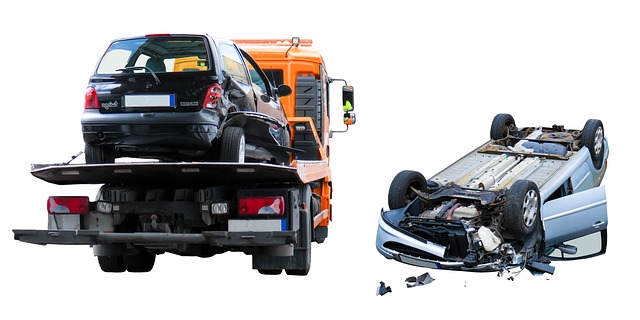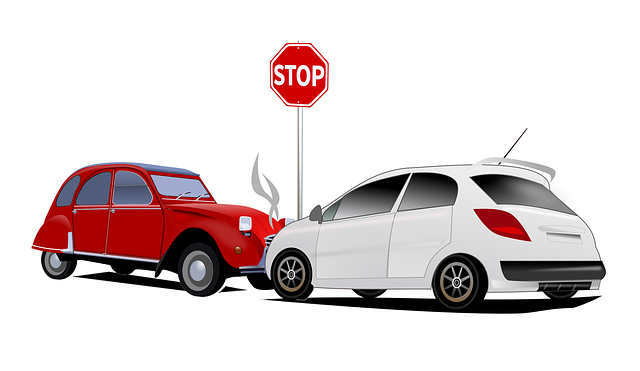Rollover truck accidents cause severe physical trauma, including fractures, internal bleeding, spinal injuries, and head traumas, often requiring hospitalization and long-term rehabilitation. These crashes may also lead to chronic pain, reduced mobility, and permanent disabilities. Legal action is sometimes necessary due to elder abuse or breaches of fiduciary duty. Prevention strategies include enhancing vehicle safety features like tire design and suspension systems, regular maintenance checks, proper driver training, and promoting driver awareness. In case of a crash, promptly seeking legal counsel from an experienced accident attorney is crucial for understanding rights and navigating insurance disputes, especially when caregiver negligence is involved.
In the realm of transportation safety, understanding the profound impact of rollover truck crash accidents is paramount. These devastating events can lead to a range of severe and often life-altering injuries, from fractures and spinal damage to traumatic brain injuries (TBI). This article delves into the common types of injuries sustained in such accidents, explores their short-term and long-term effects, and highlights critical prevention strategies to mitigate risks on our roads. By examining these key aspects, we can better navigate the challenges posed by truck crash injuries.
- Common Injuries Sustained in Rollover Truck Accidents
- Short-term and Long-term Effects of Truck Crash Injuries
- Prevention Strategies to Mitigate Risks of Rollover Crashes
Common Injuries Sustained in Rollover Truck Accidents

Rollover truck crash accidents can result in a wide range of injuries due to the high impact and potential for severe damage. Common injuries sustained include traumatic brain injuries (TBI), which can vary from mild concussions to life-threatening conditions like diffuse axonal injury (DAI). Fractures are also prevalent, affecting both bones in the extremities and spinal column, leading to potential paralysis or permanent nerve damage. Internal bleeding and organ damage are serious risks, especially when the truck’s cab crumples during the rollover, trapping and injuring the occupants.
Additionally, these accidents often cause severe whiplash, dislocation of joints, and soft tissue injuries such as muscle strains and ligament tears. In cases where the truck was carrying hazardous materials or involved in an incident related to product liability, there may be exposure to toxic substances that can lead to long-term health complications. While these types of incidents are not exclusively linked to rollover crashes, they highlight the potential for a wide spectrum of injuries, including those that could result from elder abuse when elderly passengers are involved, or even in real estate litigation if the accident stems from property or construction site issues.
Short-term and Long-term Effects of Truck Crash Injuries

Rollover truck crash accidents can result in a range of injuries, with both immediate and long-lasting consequences for victims. Short-term effects often include severe physical trauma such as fractures, internal bleeding, spinal injuries, and head traumas. These injuries require prompt medical attention and can lead to hospitalization and extensive rehabilitation.
Long-term implications of truck crash injuries are equally significant. Victims may experience chronic pain, reduced mobility, and permanent disabilities that affect their daily lives. In cases involving elder abuse or breaches of fiduciary duty, where vulnerable individuals are harmed in truck accidents, the consequences can be even more severe. Such incidents often lead to legal action, with elder law professionals playing a crucial role in ensuring justice and compensation for victims.
Prevention Strategies to Mitigate Risks of Rollover Crashes

Rollover truck crash accidents can lead to severe injuries due to the high-speed nature and unique dynamics of these events. To mitigate risks and prevent such tragedies, several strategies can be implemented. One key approach is to enhance vehicle safety features, especially for commercial trucks. This includes improving tire design and suspension systems to reduce instability, which is a primary cause of rollovers. Regular maintenance checks and proper training for drivers on safe operating practices are also essential preventive measures.
Additionally, promoting driver awareness and responsibility can significantly lower the chances of a rollover crash. Drivers should be educated about defensive driving techniques, maintaining safe following distances, and being vigilant in poor weather conditions. In cases where truck crashes do occur, promptly seeking legal counsel from an experienced accident attorney is crucial for victims to understand their rights and navigate insurance disputes, especially when caregiver negligence is involved.
Rollover truck crashes can result in severe and life-altering injuries, emphasizing the need for heightened safety measures. By understanding the common types of injuries, their potential long-term impacts, and implementing preventive strategies, we can work towards reducing the occurrence of these devastating accidents. Awareness and proactive approaches are key to ensuring the safety of both commercial truck drivers and other road users, ultimately minimizing the burden of truck crash injuries.





